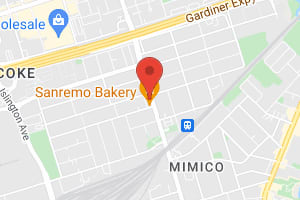
How we see Oak Learners
Oak Learners is the very definition of a community-based, student-centered academic environment. Classes are small, personal, and lessons begin with the talents, interests, challenges and curiosities that the children bring with them into the room. An emphasis on the arts is used as entrée to the curriculum, underscoring a cross-curricular approach to instruction. Classroom spaces are bright, open, and adaptable to large group, small group, and tutorial-style learning. Founder Kelly Ferrell is rightly a draw, bringing a wealth of experience to the offering, as well as a proven track record as an educator, leader and entrepreneur. The faculty she’s attracted shares her enthusiasm for active, hands-on, inquiry-based learning. Still relatively young, Oak Learners has quickly established itself as a key offering within its catchment area.
Compare with:
How Oak Learners sees itself
"Oak Learners inspires meaningful learning every day. Passionate teachers nurture children’s natural curiosity about their world with hands-on experiences. Students in Kindergarten through Grade Eight participate in an enriched interdisciplinary program, with a focus on Academic skills, the Arts & Outdoor Education. Academic excellence is enhanced with 30-50% of each school day being integrated with immersive outdoor learning, where academic subjects are explored and shared in an authentic way."
"Our unique approach at Oak Learners inspires creativity, fosters academic skill-building and builds confidence in our students every day. Students of all ages are constantly encouraged to interact with the natural environment: to seek and explore experiential learning opportunities and to ask questions about the world around them. Academic excellence is enhanced with 30-50% of each school day being integrated with immersive outdoor learning."
"At Oak Learners, education does not follow a one-size-fits-all approach. We work as partners with families to ensure each child receives a personalized learning roapmap that supports and enriches their child(ren)'s individual learning style(s). We passionately believe that our small class sizes facilitate an attentive and adaptable learning environment that will continue to nurture our students with meaningful experiences."
"Every school day is integrated with immersive outdoor learning, where academic subjects are explored and shared in an authentic way. Small classes help facilitate opportunities for our students to get outside every single day, rain or shine, to explore and enrich the academic curriculum in a meaningful way. The result is happier and healthier children, teachers, and families."
"At Oak Learners, we believe every child can be successful when they belong to a supportive educational community and this is exactly what families who choose Oak Learners will discover. There are proven links between children's mental, emotional, physical and spiritual health with time spent outdoors in nature. Students at Oak Learners have gained increased focus, confidence, self-esteem and overall increased happiness and satisfaction with school."



Local parks provide endless opportunities for outdoor play, exploration and sports.
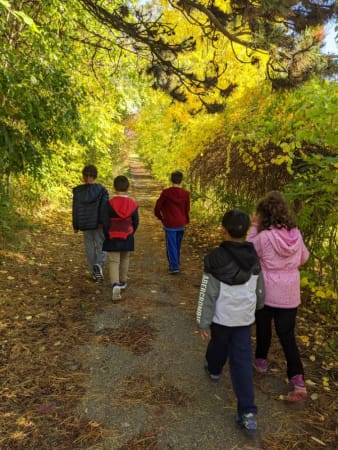
The environment is our playground. Only minutes from the lakefront, Oak Learners students love going on regular hikes, exploring the natural beauty of our city while keeping fit.
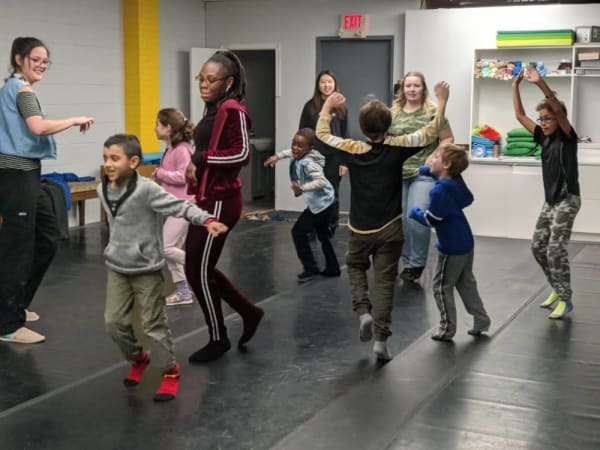
Our new Dance Studio is perfect for keeping our bodies moving and grooving! Daily Yoga and Physical Literacy classes are loved by children and adults of all ages.




Creative expression is at the heart of what we do at Oak Learners.
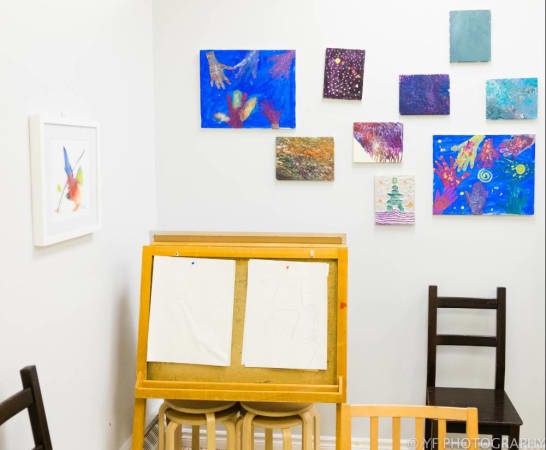
We agree with Picasso, "Every child is an artist."
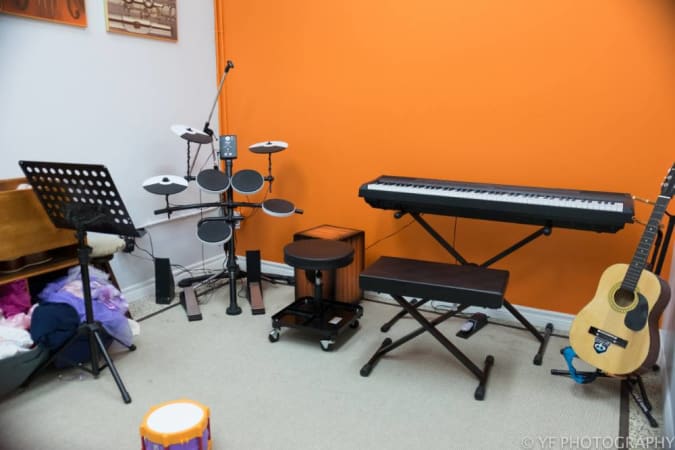
Our music room is equipped with a variety of instruments to promote creative compositions.




Our cozy Kindergarten classroom is the perfect launch pad for learning.
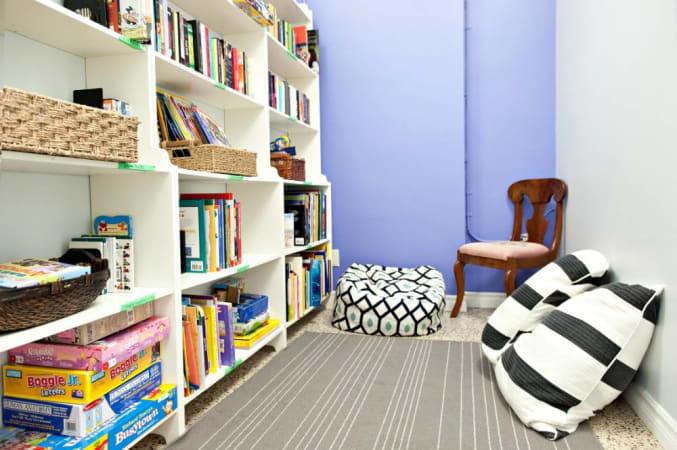
Our library is a place to escape into our imaginations.
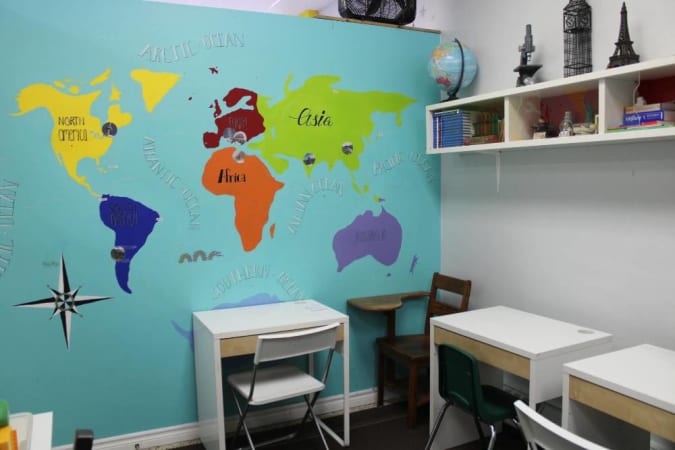
Learning about the world is just the beginning!
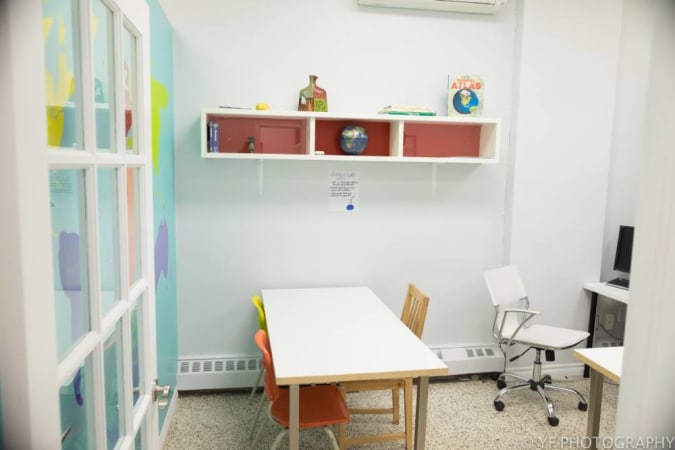
Our Discovery room can be used as a media room, science room and so much more!




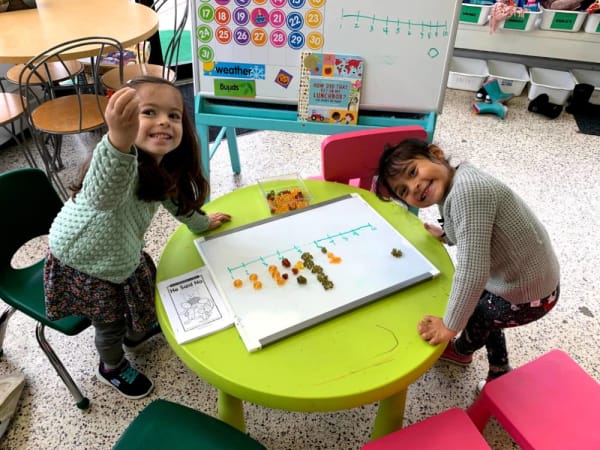
Using every day materials in new ways is how we teach and reinforce new concepts in literacy, math and science.
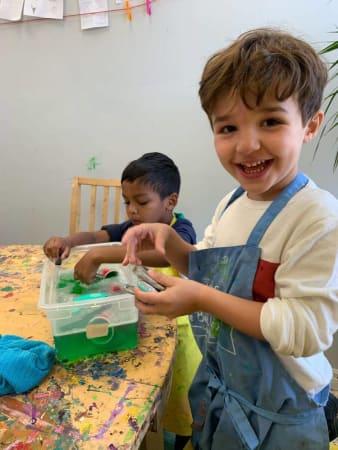
Hands-on learning builds a solid foundation of understanding the world around our little ones.

21st Century Learning at Oak Learners includes a blend of "new" technologies with traditional resources.




How people from the school’s community see Oak Learners
Top-down influence on the school’s direction and tone
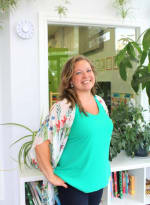
Kelly Farrell, Director
OCT, B.Ed
On behalf of the entire staff at Oak Learners, I want to welcome you and your family to our school this year. The global Covid-19 pandemic caused adversity and change. However, as a community, we have adapted by working together to support all the learners in our classrooms and, despite these circumstances, we have ensured that all students received the education and support they needed while remaining safe.
The 2022-2023 school year is no different, with a focus on equity, diversity, ingenuity, and inclusion. All the educators at Oak Learners will face the coming challenges and continue to adapt to create a caring and welcoming school environment.
Raising resilient and successful children certainly does take a village! I love working together with parents to support their child’s education; in a true partnership between the school and families. Communication between home and school is paramount to a child’s success and we strive to demonstrate this value on a daily basis.
At Oak Learners, we strive to create an engaging curriculum that is progressive, interdisciplinary, and most importantly student-driven. Not only are we an innovative not-for-profit learning centre, but we are also a team of leaders in the community, working to ensure all students are supported and cared for. I truly believe that every child has the capacity to excel and succeed and love school.
I am proud to welcome you to our 7th school year and look forward to working with the entire school community once again!
~Kelly Farrell
Kelly is an OCT certified teacher and has worked in classrooms and alternative learning environments since 1996 and as a certified teacher since 2004, working with students from Kindergarten through Grade 12. Kelly has a passion for empowering students to develop confidence through building on their strengths to support their difficulties, particularly those with learning exceptionalities, including Learning Differences, ASD, social-emotional needs, and anxiety. Kelly subscribes to the tenants of Montessori, Reggio-Emilia and Constructivist methods of teaching and is always looking for ways to bring these strategies into the 21st Century through technology and environmental education.
Throughout her teaching career, Kelly has been teaching, leading, and connecting students and staff with a global community of educators leading the way in 21st century personalized learning. In 2014, Kelly was awarded “Project of the Year” at the Water Docs @School Film Festival for her Inquiry-Based Learning project, “Kids Against Road Salt“. This project has been used to train new teachers on the benefits and processes behind inquiry-based learning. Kelly’s teaching was also featured in Owl Magazine on the “Cool School” page in 2014 for a unique publishing project undertaken by her Grade 7/8 class that year.
If you’re considering a small school for your extroverted child, make sure it offers plenty of social opportunities, including the ability to seek out and interact with different peer groups. Since smaller schools have smaller and less diverse student populations than big schools, it can sometimes be more challenging for your child to find a like-minded group of friends—friends with similar interests, values, etc.
“It’s important to look at the social makeup of the school,” says Ruth Rumack of Ruth Rumack's Learning Space. "Is there enough variety that your child will have a group that they feel connected with? Because you want to have friends that are like-minded and you want to be in a social situation where you feel honoured and respected. Variety can also be found in extracurriculars, leadership programs, and sports activities, which tend to have kids with a wide range of personalities.”
Also, make sure a school’s teaching and learning approach is suitable for your social child. “For instance, a school focusing on individual learning instead of group learning may not play into your child’s strengths,” say Ann and Karen Wolff, Toronto-based education consultants at Wolff Educational Services. “You want to make sure the social, emotional, and academic realities of the classroom are a match for your child’s personality.”
Through extensive group work, projects, and activities, Reggio Emilia schools provide the kind of social and collaborative learning environment many extroverts crave. Since it’s believed children learn well through social interaction, they’re given plenty of time to interact, listen to each other, ask and answer questions, and work on their communication skills. This can nurture their curiosity and imagination, improve their social skills, and enable them to form close and fulfilling friendships. While most Reggio Emilia schools also give kids quite a bit of unstructured social time, make sure you ask about this.
Smaller schools often have small classrooms and tight-knit communities, which can make it easier for your introverted child to come out of their shell, make friends, and feel like they belong. Since they’re less socially overwhelming, your child should find it easier to navigate their social environment. And since they’re conducive to group work, small classes often have plenty of interaction, which can help your child develop critical interpersonal skills.
Of course, small schools normally have a less diverse student population than big schools, which can sometimes make it more challenging to find a group of like-minded peers—peers with similar personalities, interests, values, etc. This makes it especially important to ask a school about its extracurricular programs, which can help your introverted child establish an intimate social circle.
In Reggio Emilia schools, teachers consider each child’s relationship to one another and aim to promote positive connections between them, a blessing for introverted kids (as it is for extroverted kids). The warm, community feel of the Reggio classroom—which is set up to promote lots of interaction—can enable your child to feel at home, connect with classmates, and overcome their shyness. Given the social and dynamic environment of the Reggio classroom, make sure your child will get enough time on their own, in and out of class, to replenish their energy and psychological resources.
THE OUR KIDS REPORT: Oak Learners
Next steps to continue your research:
Continue researching Oak Learners with OurKids.net, or visit school website.